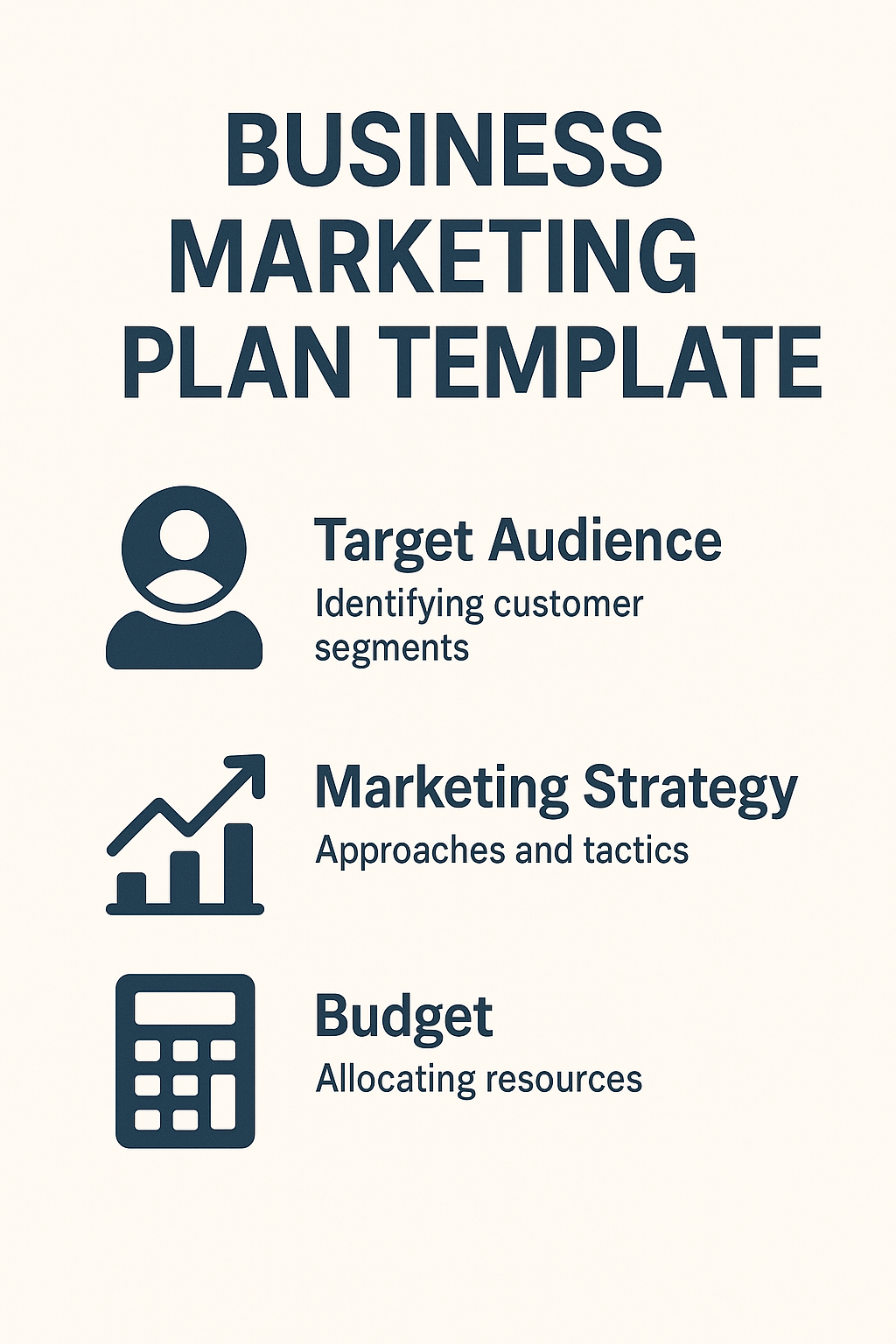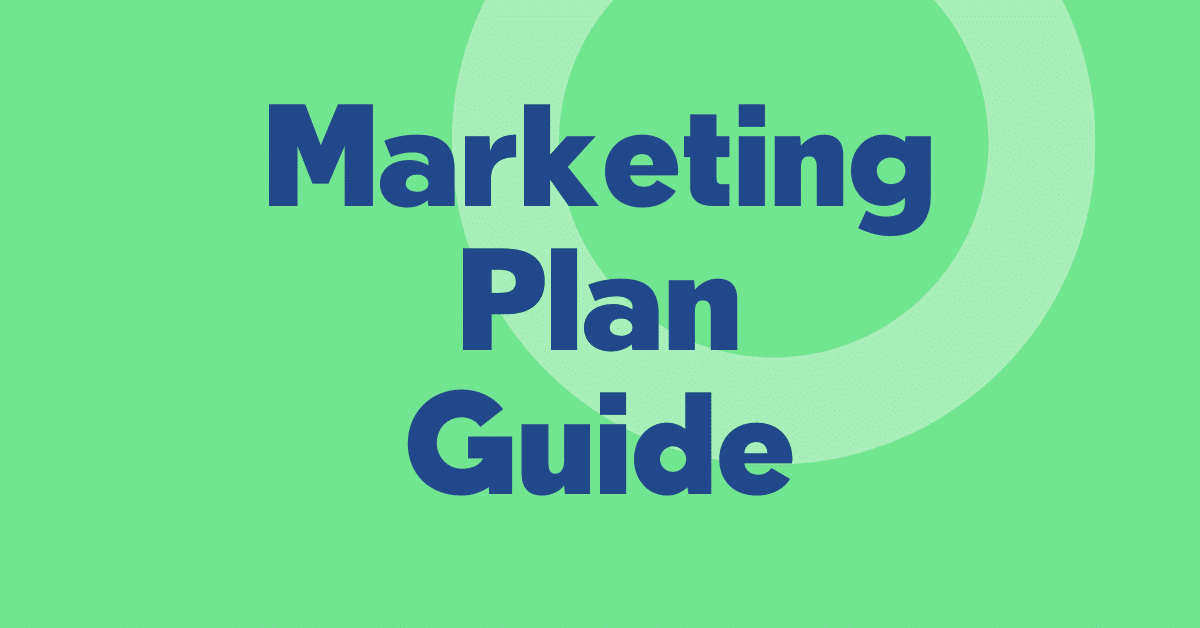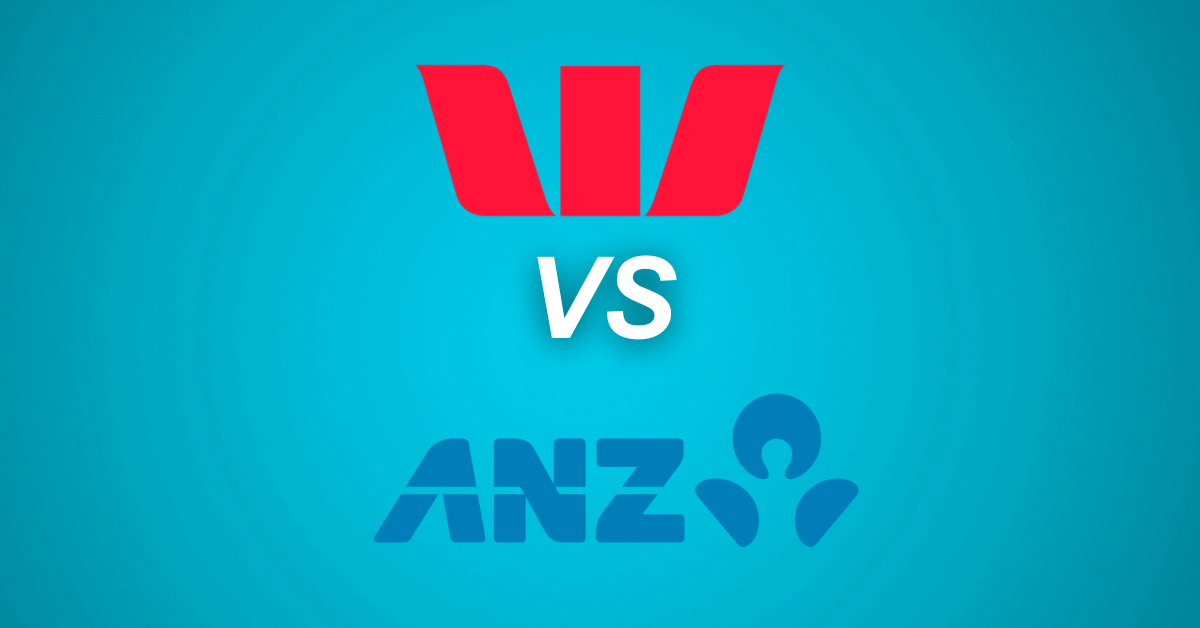Embarking on the journey of entrepreneurship in Australia can be both thrilling and challenging, and having a robust marketing plan is essential for success.
Whether you’re a seasoned business owner or a budding entrepreneur, understanding how to tailor your marketing strategy for small businesses can significantly impact your growth.
In this guide, we’ll provide you with a comprehensive, free Australian business marketing plan template designed to empower you with effective tools and strategies.
By exploring the nuances of digital marketing in Australia and learning how to create a marketing plan that aligns with your goals, you’ll be well-equipped to elevate your business to new heights.
Join us as we delve into practical insights and success stories that inspire confidence and pave the way for your business’s bright future.
NOTE: You can get your free Australian Business Marketing Plan PDF Guide below.
Introduction to Australian Marketing Plans
In this section, we’ll explore the foundations of creating an effective Australian marketing plan, understanding its importance for small businesses, and the benefits of embracing digital marketing strategies.
Understanding Marketing Strategy for Small Businesses
Marketing strategy is the backbone of business growth for small enterprises in Australia. It’s a roadmap that guides your efforts to reach and engage your target audience effectively.
A well-crafted strategy helps you allocate resources efficiently, focusing on the most impactful channels and tactics. This is particularly crucial for small businesses with limited budgets.
By aligning your marketing efforts with your business goals, you create a cohesive approach that drives results. This strategic alignment ensures that every marketing activity contributes to your overall business objectives.
Importance of a Business Marketing Template
A business marketing template serves as a structured framework for your marketing efforts. It provides a clear outline of essential elements, ensuring you don’t overlook critical aspects of your strategy.
Using a template streamlines the planning process, saving time and reducing the likelihood of errors. It offers a systematic approach to organizing your thoughts and ideas.
Moreover, a well-designed template facilitates consistency across your marketing initiatives. This consistency helps reinforce your brand message and enhances the overall impact of your marketing efforts.

Benefits of Digital Marketing in Australia
Digital marketing offers unparalleled opportunities for Australian businesses to reach a wider audience. It provides cost-effective solutions that level the playing field for small enterprises competing with larger corporations.
The measurability of digital marketing allows for data-driven decision-making. You can track performance in real-time and adjust your strategies accordingly, maximizing your return on investment.
Furthermore, digital channels enable personalized communication with your target audience. This personalization fosters stronger customer relationships and improves brand loyalty in the long run.
Crafting Your Marketing Strategy
In this section, we’ll delve into the process of creating a comprehensive marketing strategy tailored to the Australian market, focusing on key elements and customization techniques.
Steps to Create a Marketing Plan
Creating an effective marketing plan involves a systematic approach. Follow these steps to develop a robust strategy:
-
Define your business goals and objectives
-
Conduct a thorough market analysis
-
Identify your target audience
-
Analyze your competitors
-
Develop your unique value proposition
By following this structured process, you ensure that your marketing plan is comprehensive and aligned with your business objectives.
Remember to revisit and refine your plan regularly as market conditions and business goals evolve. This flexibility allows you to stay responsive to changing customer needs and industry trends.
Key Elements of an Australian Marketing Plan
An Australian marketing plan should incorporate several crucial elements to ensure its effectiveness in the local market:
-
Market Analysis: A deep understanding of the Australian business landscape and consumer behavior.
-
Target Audience Segmentation: Detailed profiles of your ideal customers within the Australian market.
-
Competitive Analysis: An assessment of your competitors’ strengths and weaknesses in the Australian context.
-
Marketing Mix: Tailored strategies for product, price, place, and promotion in Australia.
-
Budget Allocation: A clear breakdown of marketing expenses aligned with Australian market priorities.
These elements provide a solid foundation for your marketing efforts, ensuring that your strategies are relevant and impactful in the Australian business environment.
Customizing Your Business Marketing Template
Customization is key to making your marketing template work for your unique business needs. Start by identifying the specific goals and challenges of your Australian business.
Adapt the template sections to reflect your industry-specific requirements. For example, a retail business might focus more on local SEO and social media strategies, while a B2B company might emphasize content marketing and networking events.
Don’t hesitate to add or remove sections as needed. Your marketing template should be a living document that evolves with your business, reflecting your current priorities and market conditions.
NOTE: You can get your free Australian Business Marketing Plan PDF Guide below.
Digital Marketing Techniques for Success
This section explores effective digital marketing strategies tailored for the Australian market, focusing on key channels and techniques to drive business growth.
Navigating Digital Marketing in Australia
Digital marketing in Australia requires a nuanced approach that considers local consumer behavior and preferences. Start by understanding the digital landscape, including popular platforms and online trends specific to the Australian market.
Prioritize mobile optimization, as Australians are among the world’s leading smartphone users. Ensure your website and digital content are responsive and mobile-friendly to capture this significant audience.
Consider the importance of local SEO strategies, as many Australian consumers prioritize supporting local businesses. Optimize your online presence for location-based searches to increase visibility in your target areas.
Leveraging Social Media for Business Growth
Social media platforms offer powerful tools for Australian businesses to connect with their audience. Choose platforms that align with your target demographic and business goals.
Key statistics for social media usage in Australia:
-
Facebook: 16 million active users
-
Instagram: 9 million active users
-
LinkedIn: 5.5 million active users
-
Twitter: 5 million active users
Develop a content strategy that resonates with Australian audiences, incorporating local events, trends, and cultural references. Engage actively with your followers, responding to comments and messages promptly to build strong relationships.
Consider partnering with Australian influencers or micro-influencers to expand your reach and credibility within specific niches.
Importance of SEO in Your Strategy
Search Engine Optimization (SEO) is crucial for increasing your visibility in Australian search results. Focus on optimizing for local search terms and Australian-specific keywords relevant to your industry.
Key SEO strategies for Australian businesses:
-
Optimize for voice search, as it’s gaining popularity among Australian users
-
Create location-specific landing pages for businesses with multiple locations
-
Earn backlinks from reputable Australian websites to boost domain authority
-
Regularly publish high-quality, locally relevant content to improve search rankings
Remember that SEO is an ongoing process. Stay updated with algorithm changes and continuously refine your strategy based on performance data and emerging trends in the Australian digital landscape.
Implementing and Monitoring Your Plan
This section focuses on putting your marketing plan into action, measuring its effectiveness, and learning from real-world success stories in the Australian business landscape.
Setting Measurable Goals and KPIs
Establishing clear, measurable goals is crucial for the success of your marketing plan. Define specific Key Performance Indicators (KPIs) that align with your overall business objectives.
Examples of relevant KPIs for Australian businesses:
-
Website traffic from Australian IP addresses
-
Conversion rates for local customers
-
Engagement rates on Australia-specific social media content
-
Local search rankings for target keywords
Ensure your goals are SMART: Specific, Measurable, Achievable, Relevant, and Time-bound. This approach provides a clear framework for evaluating your marketing efforts.
Tracking Progress and Making Adjustments
Regular monitoring of your marketing performance is essential for ongoing success. Utilize analytics tools to track your KPIs and gather insights on your marketing initiatives.
-
Set up a reporting schedule (e.g., weekly, monthly, quarterly)
-
Analyze data to identify trends and patterns
-
Compare results against your established goals
-
Identify areas for improvement or optimization
-
Implement changes based on your findings
Be prepared to make data-driven adjustments to your strategy. The Australian market can be dynamic, so flexibility and responsiveness are key to maintaining marketing effectiveness.
Success Stories and Real-Life Examples
Learning from successful Australian businesses can provide valuable insights and inspiration for your own marketing efforts. Here’s a brief case study of an Australian small business that achieved significant growth through strategic marketing:
“Our focus on locally-targeted content and community engagement led to a 200% increase in organic traffic and a 150% boost in local customer acquisitions within six months.” – Sarah Thompson, Founder of EcoAussie, a sustainable products retailer
Key takeaways from EcoAussie’s success:
-
Developed a content strategy focusing on Australian sustainability issues
-
Engaged with local environmental initiatives and events
-
Leveraged user-generated content from satisfied Australian customers
-
Optimized for local SEO, targeting specific Australian regions
By applying similar principles and adapting them to your unique business context, you can enhance the effectiveness of your marketing efforts in the Australian market.
Conclusion and Next Steps
In this final section, we’ll summarize key strategies for effectively implementing your marketing plan and provide resources for ongoing success in the Australian business landscape.
Utilizing Your Marketing Plan Effectively
To maximize the impact of your marketing plan, integrate it into your daily business operations. Make it a living document that guides decision-making and resource allocation across your organization.
Key strategies for effective utilization:
-
Regularly review and update your plan to reflect market changes
-
Communicate the plan clearly to all team members
-
Align individual and departmental goals with the overall marketing strategy
-
Use the plan as a benchmark for evaluating new opportunities and challenges
Remember, a well-implemented marketing plan is a powerful tool for driving business growth and maintaining a competitive edge in the Australian market.
Continuous Improvement and Learning
The marketing landscape is constantly evolving, especially in the digital realm. Commit to ongoing learning and improvement to stay ahead of the curve.
Strategies for continuous growth:
-
Attend industry conferences and workshops in Australia
-
Stay updated with local marketing trends and best practices
-
Experiment with new marketing techniques and channels
-
Seek feedback from customers and adapt your approach accordingly
Embrace a culture of innovation and agility in your marketing efforts. This mindset will help you respond effectively to changing market conditions and consumer preferences in Australia.
Resources and Tools for Ongoing Success
Leverage these resources to support your ongoing marketing efforts in Australia:
-
Australian Marketing Institute (AMI): Offers networking events, workshops, and industry insights
-
Google Analytics: Essential for tracking website performance and user behavior
-
Hootsuite or Buffer: Social media management tools for scheduling and analyzing posts
-
SEMrush or Ahrefs: SEO tools for keyword research and competitor analysis
-
Canva: User-friendly design tool for creating marketing visuals
Remember to also explore local Australian marketing communities and forums for peer support and knowledge sharing. These connections can provide valuable insights and opportunities for collaboration in the Australian business ecosystem.
NOTE: You can get your free Australian Business Marketing Plan PDF Guide below.




